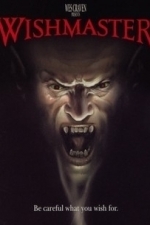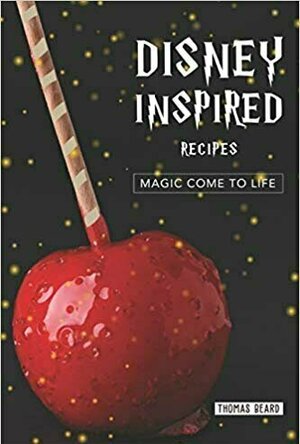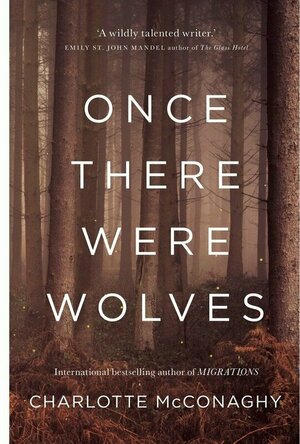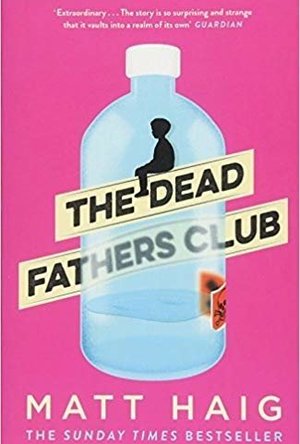
Love Fed: Purely Decadent, Simply Raw, Plant-Based Desserts
Book
Nourish your body as you indulge in Love Fed desserts--heaven in every bite. An artist in the...
The Monkey and the Monk: An Abridgment of The Journey to the West
Book
Anthony C. Yu's celebrated translation of The Journey to the West reinvigorated one of Chinese...
LeftSideCut (3776 KP) rated Wishmaster (1997) in Movies
Sep 25, 2020
The effects are what stand out the most - there are some shitty CGI moments spread about but the majority of the gory moments are practical and rightly disgusting. A mere two minutes in, some poor fuckers skeleton becomes sentient and rips out from his body. It's glorious. Other than that, Wishmaster coasts along on the strength of its villain, The Djinn, played by Andrew Divoff. He's suitably creepy both in human form and in full make up, and gives the film a whole heap of credit, even if the way he pronounces stuff becomes a little grating after a while.
Having Wes Craven as a producer clearly pays off, as multiple horror stalwarts pop up throughout the runtime - Robert Englund, Tony Todd, Kane Hodder, Ted Raimi - some top tier cameos for sure. Even Angus Scrimm pops up to do a bit of narrating!
Everything else is a little lackluster. The premise is ok, but full of holes, and the ending feels like a bit of a cop out, and lead actress Tammy Lauren just seems like she's in the wrong film for the most part.
Wishmaster unfortunately never manages to excel above it's ridiculous opening scene, and is pretty mediocre overall, but it still has a lot to offer to horror fans, and I can't help but enjoy it.
Lottie disney bookworm (1056 KP) rated Disney Inspired Recipes in Books
Sep 9, 2019
Well now you can!
Have you ever fancied making Tiana’s beignets or Linguini’s soup? Then this is the book for you.
Thomas Beard’s recipe book contains 30 recipes inspired by…you guessed it…Disney!
If I’m honest it was the gorgeous cover that initially attracted me to this book but there are definitely so many recipes I want to try. Keep an eye on my instagram for any attempts – hopefully they won’t be a Pinterest fail!
The first recipe i am desperate to try is the iconic grey stuff from Beauty and the Beast. It’s actually an oreo vanilla mix which sounds like heaven!
I also want to try the honey cake (a la the silly old bear) and the cursed cake from Brave. Not that I have a sweet tooth or anything!
There are some recipes that are undoubtedly “padding”. I’m looking at you Lady and the Tramp Spaghetti and Meatballs and Tangled Hazlenut Soup. Nevertheless there are some others that I wouldn’t have thought of and it was these surprises that I really appreciated because it would be so easy to be lazy and fill a book of Mulan’s Chinese curry, Little John’s stew or similar.
Once you get past the disappointment of the Harry Potter style text on a Disney cover, this book is definitely worth a look. Like all recipe books there are some that I will probably skip past (corn dogs, cheese souffle) but the addition of recipes inspired by Big Hero 6 and The Emperor’s New Groove more than makes up for them.

Laxmi Chalisa-Audio
Lifestyle and Entertainment
App
Chalisa - forty verses of lyrics. Verses that praise and plead with devotion. They are recited over...
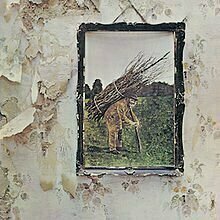
Led Zeppelin IV by Led Zeppelin
Album
Untitled is the fourth studio album by the English rock band Led Zeppelin. Commonly known as Led...
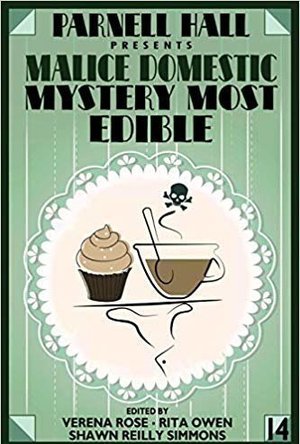
Malice Domestic 14: Mystery Most Edible
Parnell Hall, Shawn Reilly Simmons, Verena Rose and Rita Owen
Book
The Malice Domestic anthology series returns with a new take on mysteries in the Agatha Christie...
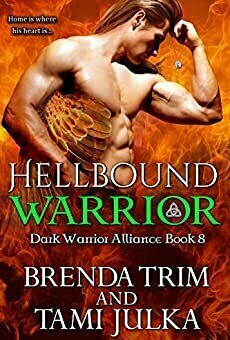
Hellbound Warrior (Dark Warrior Alliance #8)
Book
Rhys O’Morda finds himself at the mouth of Hell after swearing he would never go back. When the...
ClareR (6079 KP) rated Once There Were Wolves in Books
Oct 24, 2023
The idea of reintroducing wolves to the Highlands of Scotland in order to enrich and preserve the ecosystems there, is fascinating and exciting as a reader - and as someone who doesn’t have to farm under those circumstances. The writing was sensitive to every side of the story, but as Inti was leading the project to reintroduce wild wolves, the novel leant more in her favour - and I enjoyed that.
Aggie, Inti’s twin, has had a very traumatic experience, and she has severe depression along with other mental health problems. Inti hopes that by living in the wilds of Scotland, the isolation and wild country will begin to heal her.
But when one of the townsfolk is hurt, it’s hard to know who is safe - not the wolves, that’s for sure.
There are some really deep, involved themes in this: climate change, ecology, domestic abuse, violence, relationships.
Incidentally, I went on holiday in the Cairngorms this summer. We stayed in a cottage, away from all the other cottages on the estate (we couldn’t even see them), surrounded by fields containing alpacas and deer, with the odd buzzard, peregrine and even an osprey! I half expected to see a wolf-pack!! Sadly, there aren’t any wild wolves in Scotland now, but that estate was a weeks worth of heaven for me and my family - and would have fed a wolf pack for about that long, too!
Sam (74 KP) rated The Dead Fathers Club in Books
Mar 27, 2019
In an odd take on Hamlet, The Dead Fathers Club follows Philips hunt for revenge for the death of his father.
It’s definitely a disturbing read. Philip is a young boy whose father has just died unexpectantly, and now he sees his father’s ghost, telling him to do awful things, to the point where he is listing ways he could kill his uncle.
The novel is written like it was Philips diary, so the childish grammar with the disturbing thoughts that Philip is experiencing work together to create a definitely troubling novel.
I was definitely questioning Philip’s mental health throughout the novel and wondering whether his father’s ghost was all in his imagination or it was actually happening.
Philip is a misfit with no friends, a girlfriend in part of the novel (which I’m not too sure what that did to the plot) and he’s bullied constantly. He found comfort in the fact that he had the chance to change his own life. He knew he could kill his uncle if he tried, and he saw that as the only way ahead. In killing his uncle, he would get revenge for his father’s death and stop his father from suffering and finally send him to heaven. He could get everything he needed and at the same time feel like he had a friend in his father’s ghost.
It was definitely a good read, but a big change to Matt Haig’s usual writing style.

